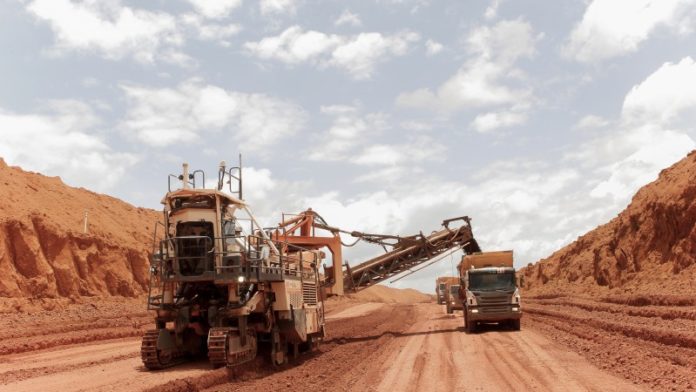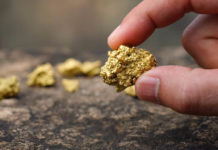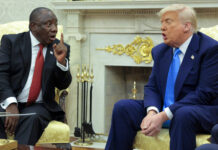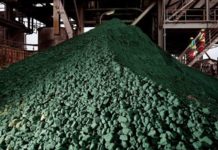
GHANA has scrapped a major bauxite deal with domestic company Rocksure International, opting instead to pursue international partnerships for developing one of West Africa’s most significant mineral deposits, said Reuters citing sources.
The government terminated Rocksure’s $1.2bn lease agreement covering the mineral-rich Nyinahin Hills, which contain approximately 376 million tons of bauxite reserves. Officials are now courting overseas investors, with Dubai’s Emirates Global Aluminium and Chinese companies emerging as leading candidates, said the newswire.
The shift represents a new approach for Ghana, which possesses the world’s seventh-largest bauxite reserves at an estimated 900 million tons but has failed to capitalise on this wealth due to insufficient investment in extraction and processing facilities.
Rocksure had been set to develop the central Ghana site through a joint venture with the state-owned Ghana Integrated Aluminium Development Corporation. The local firm would have controlled 70% of the operation, with the remainder split between GIADEC and the government.
However, parliament never approved the original agreement, invalidating it under a Supreme Court decision from 2019, said Reuters. This legal obstacle provided an opportunity for Ghana to reconsider its strategy, the newswire added.
Despite being Africa’s leading gold producer, Ghana trails neighbouring Guinea significantly in bauxite output. Guinea dominates global bauxite production, highlighting Ghana’s underperformance in exploiting its aluminium ore deposits.
Emirates Global Aluminium signed a preliminary agreement with GIADEC in June after losing its Guinean mining rights following delays in constructing a refinery. Chinese investors are also being actively pursued as Ghana seeks experienced partners capable of financing large-scale mining and processing operations to finally unlock its bauxite potential.
EGA, which lost its mining licence in Guinea over delays in building a refinery, signed a memorandum of understanding with GIADEC in June to explore opportunities in Ghana. Several Chinese firms are also being courted as potential partners in developing the strategic mineral deposits.











